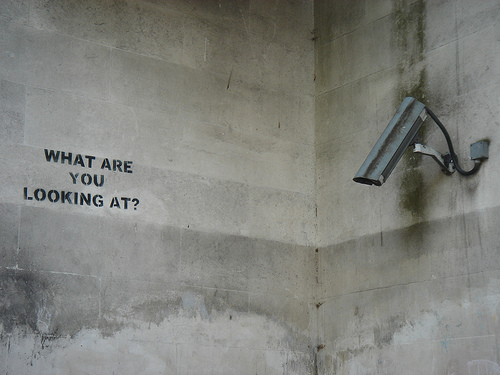
“In a world where communications and surveillance technologies have developed at an extremely rapid pace, their use threatens to dramatically curtail fundamental freedoms and individuals’ rights to security and privacy. Most citizens of the world have been subjected, knowingly or unknowingly, to infringements on their right to privacy. Beyond, activists and human rights defenders have been directly targeted in efforts to further suppress their voices and limit their work,” said Karim Lahidji, FIDH President.
The new United Nations Special Rapporteur on the right to privacy will give victims a voice and will be able to intervene in core situations of violations and abuses of the right to privacy, notably, as documented by FIDH, with regard to:
- The use of mass surveillance, interception of communications, and collection and use of personal data on a mass scale by state agencies, as was done under the US National Security Agency PRISM program and the Colombian Department of Security DAS;
- The use of surveillance techniques and technologies by business enterprises against trade unionists, human rights defenders and journalists, and the related states’ obligations to regulate their use and respond to abuses, notably in Brazil, Peru and Colombia; and
- The export of surveillance technology to states responsible for serious human rights violations, as was done with the export of surveillance technology by French companies to the Gaddafi regime in Libya or the Al-Assad regime in Syria (see FIDH’s report on Surveillance technologies "Made in Europe": Regulation needed to prevent human rights abuses, and litigation against Amesys and Qosmos).
FIDH had been calling on the HRC to take such a move at its 28th regular session (2-27 March 2015) in order to address, including through monitoring, country visits, individual communications and public reporting, all violations and abuses of the right to privacy, and make recommendations thereon.
Following the adoption of this resolution, the President of the HRC will appoint a Special Rapporteur – an independent, unpaid expert assisted by UN staff members – at the Council’s next regular session (15 June-3 July 2015). The expert will be able to start his or her work immediately, including through receiving and handling individual complaints (“communications”) and making public statements, for instance in the form of press releases.
For more information on the mandate, read FIDH’s advocacy note.
